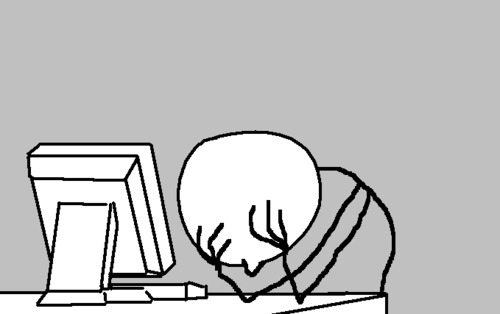At least that's how I interpret this story, which would put it squarely in the "dog bites man/hundreds of planes landed safely and without incident at the airport today" pile:
[Red] China’s transformation to a consumer-led economy may be a “rocky” experience, according to International Monetary Fund First Deputy Managing Director David Lipton.
“[Red] China’s transition, the rebalancing, the move away from heavy industrial export sectors to growing household incomes” and consumption is “the key transition that the world’s going to observe in the coming years and it’s likely to be a rocky one,” Lipton said in an interview with Bloomberg Television on Friday. “It’s dangerous if they continue to provide credit to the old sectors, and allow debt to build.”
Yeah, a "consumer-led economy" would be dangerous to the Chinese Communist Party, because that might give rise to the advent of an actual middle-class, which no communist dictatorship can EVER allow, and that might lead to public demands for democracy and even <GASP> a constitutional republic. And we know what follows that sort of thing....
....which is why Beijing will never allow a "consumer-led economy" and will continue to "provide credit" to the "old (i.e. state-run) sectors", because that's how communist regimes work.
While [Red] China’s growth has stabilized, that’s due in part to a surge in credit.
Stop the tape for a minute. Since the ChiComms do not, in reality, have a market economy, how the hell does anybody know that their "growth has stabilized," or that they even HAVE "growth"? Because the ChiComms say so?
Data released by the "People’s Bank of China"....

....earlier in the day showed aggregate financing, a measure of credit spanning from commercial banks to shadow lenders, totaled 2.34 trillion yuan ($361 billion) in March. The borrowing binge may create more challenges down the line unless President Xi Jinping’s government follows through on its goals of restructuring bloated state-owned enterprises and cleaning up a bad-debt encumbered banking sector.
"Restructuring"? "Cleaning up?" "Bloated state-owned enterprises" and a "bad-debt-encumbered banking sector are the hallmarks of a communist-run economy. It cannot be any other way. Just like nobody really knows what the yuan is worth, and for the exact same reason that nobody knows what growth the PRC has or if there's any growth at all. You cannot reliably quantify economic outcomes when the economy under examination is not free.
Here's today's reality check: The "opening to China" forty-four years ago was the beginning of a nearly half-century long Xīn jīngjì zhèngcè ("New Economic Policy"). Tell me if this doesn't sound eerily familiar:
The New Economic Policy (NEP) (Russian: Новая экономическая политика, НЭП, Novaya Ekonomicheskaya Politika) was an economic policy of Soviet Russia proposed by Vladimir Lenin, who called it "state capitalism".
The NEP represented a more capitalism-oriented economic policy, deemed necessary after the Russian Civil War of 1917 to 1922, to foster the economy of the country, which was almost ruined. The complete nationalization of industry, established during the period of War Communism, was partially revoked and a system of mixed economy was introduced, which allowed private individuals to own small enterprises, while the state continued to control banks, foreign trade, and large industries. In addition, the NEP abolished prodrazvyorstka (forced grain requisition) and introduced prodnalog: a tax on farmers, payable in the form of raw agricultural product. [emphases added]
Or Red China in 2016. Amazing how easily a given situation can be understood when you place it in the correct and proper historical context, isn't it? As well as the ease with which we can predict what the ChiComms will do next.
Let us also remember the primary purpose any communist regime has for a Novaya Ekonomicheskaya Politika:
Since 1949, the [Red] Chinese government has been a one-party communist system. This means that it theoretically strives for a state in which all citizens are equal in class and economic conditions.
Seemingly, this system lies somewhat in contrast to [Red] China's rise as a global super power in which everyone is clearly not sharing equally in the spoils. In fact, [Red] China has been sanctioned several times for human rights violations. Much of [Red] China's economic development has been used to benefit the government and high-ranking officials. [emphases added]
And you know what "benefit the government" means....


Any questions?

No comments:
Post a Comment